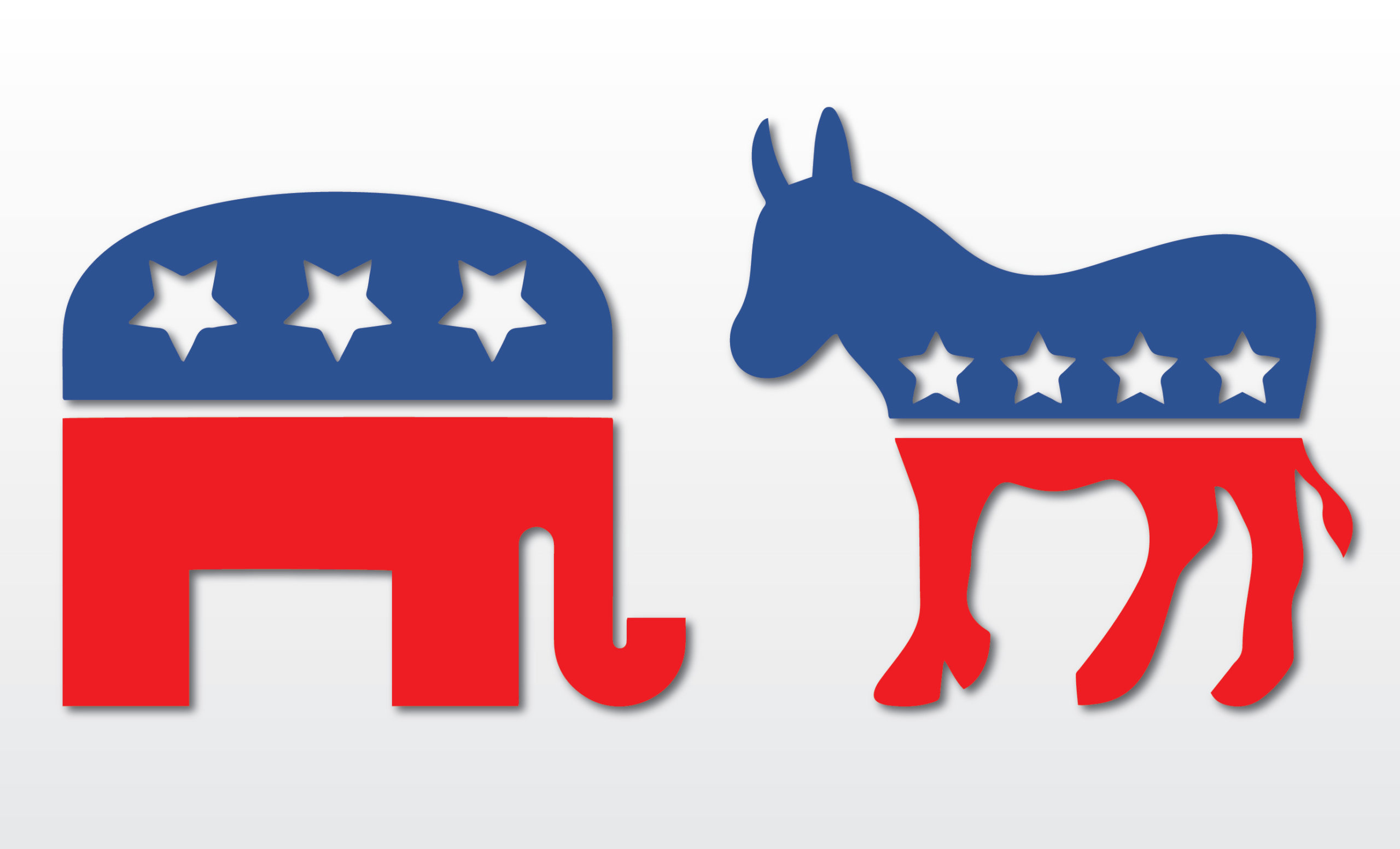Political Affiliation And Jurors’ Verdict Orientation
By Eric Rudich, Ph.D
When deciding a case, juror politics matter. It is clear that liberals and conservatives have very different reactions to political arguments. Someone who is politically conservative is not likely to agree with the political positions of Alexandria Ocasio-Cortez while liberals are not known for embracing the positions advocated by President Trump. Similarly, jurors’ political orientation frequently impacts their reactions to plaintiff and defense arguments. Moral Foundations Theory provides a framework for understanding why jurors may have very different views about which side should prevail at trial. The theory proposes that moral judgments have evolved from our innate sense of suffering, fairness, and cheating which arose from intergroup and intra-group conflict in our ancestral environment. From an evolutionary perspective, morality facilitated intra-group cooperation among individuals which in turn offered survival advantages over other groups that competed for the same resources.
Our internal research across multiple jury research studies has found that, on average, conservative jurors award 15% lower than the mean damage award. In contrast, liberals award 8% higher than the average award. Thus, the average difference in the amounts awarded by liberals and conservatives is 23%. These findings indicate that in a personal injury trial in which millions of dollars are at stake, the political affiliation of the jurors can have a large impact on the damages awarded. The results are in line with experiences in “judicial hell holes” such as the Bronx County, New York; Cook County, Illinois; Los Angeles County, California; and Philadelphia County, Pennsylvania which have a large proportion of liberal respondents and are also known for awarding large jury damage awards.

Recent research by Jonathan Haidt, a social psychologist from the University of Virginia, provides insight into why liberals and conservatives have different views about the amount of damages to award in personal injury cases. Compared to conservatives, their research has found that liberals are more concerned with moral issues involving harm and fairness which are typically fundamental for jurors’ evaluation of personal injury cases. In contrast, conservatives view morality through the prisms of authority and sanctity while moral issues involving fairness versus harm are less important to these jurors. These differences explain why liberals focus more on issues involving justice and compensating plaintiffs while conservatives are more persuaded by messages that center on authority, rules and protecting vital institutions. Jurors’ political orientation also may influence their views in contract and patent cases. Consistent with judicial philosophy, we have found in our jury research that conservative jurors tended to focus on the specific wording of documents while liberals are more likely to focus on the intent of the document language.
Implications for Trial
Attorneys may further bolster their case by framing arguments using specific terminology which resonates with a particular moral foundation. Research conducted on these moral foundations has shown that individuals use specific language that describes these moral foundations in terms of virtues and vices. As such, attorneys may utilize this research to develop themes and storylines and craft messaging which describes their client’s actions in a positive light while setting a negative moral tone for their adversary’s behavior. The language used to describe a particular moral foundation may be used through trial by using such terminology during openings, witness questioning, closing arguments and with any accompanying demonstratives.
The above findings also have important implications for jury selection strategy. During jury selection, attorneys are typically unable to ask jurors to provide their political orientation. However, this information as well as a prospective juror’s political engagement can be obtained quickly through background checks. As our internal jury research on the correlation between political affiliation and damage awards suggests, this information can help our clients use peremptory strikes most effectively. Moreover, by identifying the moral foundations for making verdict decisions, attorneys are much better able to identify jurors favorable to their case and to craft the themes and trial story that will most appeal to jurors at trial.



